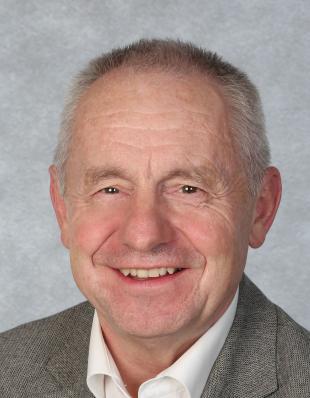Our Keynote Speaker is Rudolf Scheidl, Full Professor for Mechanical Engineering at the Johannes Kepler University Linz.
Rudolf Scheidl
Born November 11th 1953 in Scheibbs (Austria). MSc of Mechanical Engineering and Doctorate of Engineering Sciences at Vienna University of Technology. Industrial research and development experience in agricultural machinery (Epple Buxbaum Werke), continuous casting technology (Voest Alpine Industrieanlagenbau) , and paper mills (Voith). Since Dec. 1990 Full Professor for Mechanical Engineering at the Johannes Kepler University Linz. Research topics: hydraulic drive technology with emphasis on digital fluid power and mechatronic design.
Structure change – essential feature and challenge of hydraulic systems
Abstract:
Factually, any hydraulic system is a structure change system. Every reciprocating pump needs to connect its displacement chambers to at least two different ports and most valves change the actual topology of the hydraulic network. The relative ease of handling such changes is a stronghold of fluid power systems. But if these structural changes happen quickly unwanted effects can occur: Flow and pressure pulsation, oscillations and fatigue of structural elements and noise, coupling with the control system. Consequently, such effects have been and are still an important part of fluid power research and development. Various theoretical and experimental methods have been established and used to explore the situation and find systematic ways for the mastering of these effects.
Digital fluid power, at least digital hydraulics, causes structure changes with the risk of provoking such negative effects. Therefore, the development and practical application of digital fluid power is often accompanied with an intensive analysis of such phenomena and the development of means or methods of their reduction. A variety of analysis methods, theoretical and experimental and means for suppression were developed and applied. Many come from conventional hydraulic systems some are specific for digital hydraulic systems.
In this lecture selected methods and means for the analysis and the solution of such structure change caused problems will be presented and open problems, also concerning design guidelines for digital hydraulics, will be addressed.








